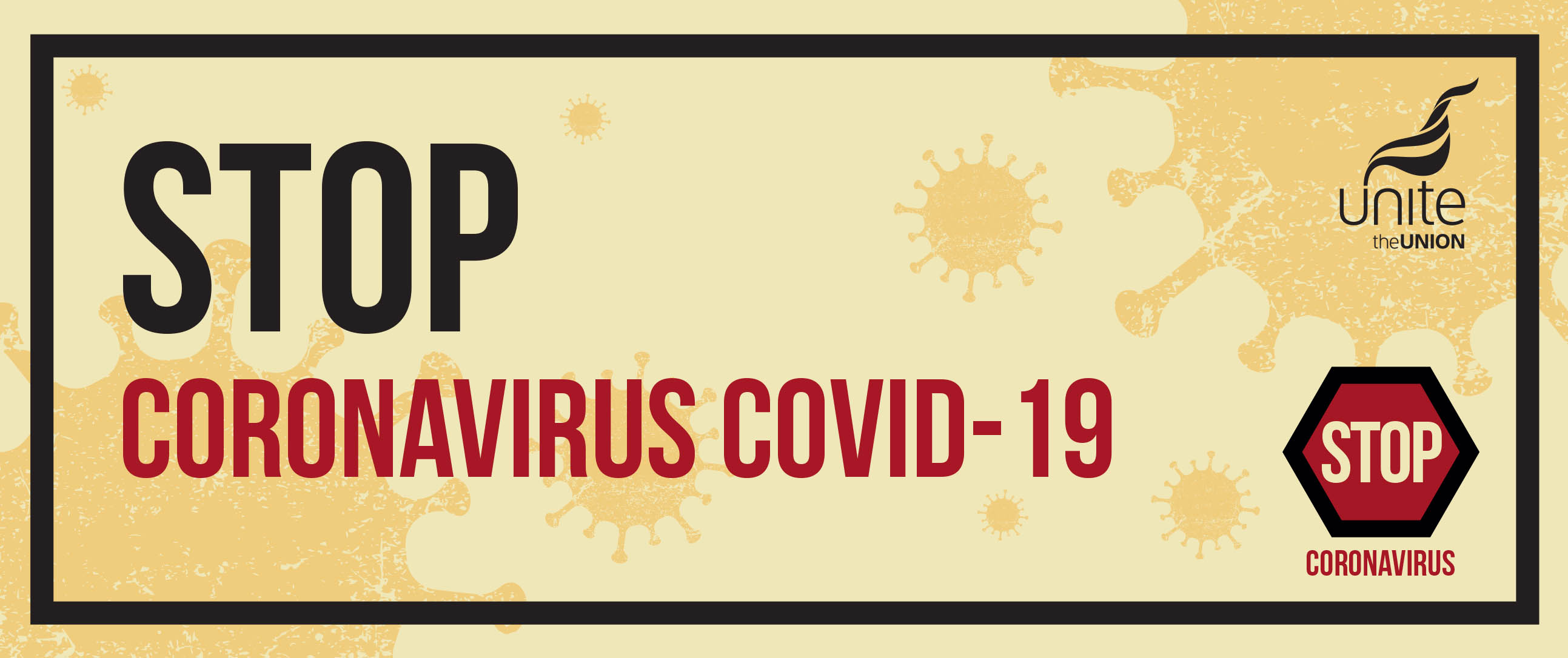Living with NHS Cuts
News reports detail every day NHS cuts and the relentless lurch towards privatisation: in only a few years, 10 per cent of A&E units have been shut, half of 600 ambulance stations have been earmarked for closure, and one-third of NHS walk-in centres have been closed. And that’s only the tip of the iceberg as more and more NHS services are contracted to private, profit-hungry firms.
But what about the people behind the numbers and the headlines? What is it like to be on the frontlines in the war that’s destroying the NHS as we know it?
Mounting pressures
Unite member Joyce Still has spent a lifetime working for the NHS, first as a midwife and general nurse and now as a health visitor, a position she’s held for almost 30 years. Joyce visits children and their families up until the child is five years old. She checks mothers for post-natal depression and deals with child protection and domestic violence cases daily.
Since the cuts, Joyce and her colleagues face mounting pressure from Commissioners to meet targets and see clients on a very specific time frame. Her various new birth visits must be undertaken between 10 and 14 days after her client is discharged by the community midwife.
“It’s obviously easier if you have a full complement of staff, but if a staff member is on long-term leave, it can put a lot of pressure on the team to meet these targets,” Still explained. “It is the Commissioners who seem to call all the shots now.”
Joyce feels that almost every task she undertakes now has a “monetary overtone”, and the emphasis on seeing as many faces as possible and doing more paperwork means she spends less quality time developing relationships with her patients.
Unite rep Steve Thomson has likewise spent decades working for the NHS. Thomson has worked in ambulance services since 1993, most recently as a paramedic.
Like Joyce, Steve has seen with his own eyes the obsession with cutting costs, to the detriment of patients and staff morale.
“There’s been very little investment in staff and vehicles,” Thomson explained. “We keep on providing services with very old vehicles that are simply not as good. They retain these older vehicles to save money, year on year, thinking, â€Oh, it’ll be okay.’ But then you have ramps failing and things like that. It can be very dangerous.”
“We need a hell of a lot more staff and we need a hell of a lot more ambulances. With the volume of calls we get, we just can’t cope,” he added. “The government thinks it is saving money by closing ambulance stations. But now we spend millions of pounds on fuel. It’s a double edged sword – robbing Peter to pay Paul.”
Steve says eroding wages has made the job that much more stressful.
“Over the past five years, we’ve had essentially no pay rise, he said. “The one per cent rise we were offered last year is negligible, especially when you consider we’ve lost out on two to three thousand pounds over those years.”
The good old days
He recalls what it was like working for the NHS before the cuts.
“Back then, working for the NHS was a career. You were committed to it because you were valued and you felt like you could make a real difference,” Steve noted. “Now, for the younger people, it’s just a job.
“There used to be a real family atmosphere. Now, it’s just constant stress. You’ve got the older people, over 50, who remember the good times and are taking early retirement because they just can’t take it anymore.”
Joyce’s memories of the pre-cuts NHS jive with Steve’s.
“The NHS was a much happier environment in which to work, definitely,” she said. “I had more job satisfaction; I felt more valued as a practitioner. Also, there are no longer many opportunities to advance yourself professionally, like attending courses, as there used to be.
“I do not feel that we get to know our clients as well as we used to,” Joyce added. “I went into the nursing profession because I wanted to look after and help people, but now I feel more like a computer buff these days. The amount of computer work we have to do now is over the top.”
Fear for the future
Since Steve is heavily involved in union work, he knows more than most NHS staff the dangers of cuts and creeping privatisation.
“It’s especially difficult to get younger staff to understand the implications. As more and more services are taken out to tender and won by private contractors, this will lead to the decimation of the NHS.”
Joyce believes the direction the government has taken is a dangerous path towards an NHS that undermines its founding principles.
“I fear that soon, only people who are going to be able to pay will have access to good health care. We will have a two-tier system, and we are moving towards a US-style model in which people will be encouraged to take out health insurance.”
More than anything, Steve fears that the slow killing of the NHS will go on behind closed doors, unnoticed. He cites the Transatlantic Trade and Investment Partnership – a seemingly innocuous trade agreement between the US and UK that may actually throw open the door to unbridled NHS privatisation – as an example.
“The NHS will be transformed right under our noses and no one will even realise it,” he says. “The media is not adequately covering the story. The public needs to know what’s happening, or else the NHS as we know it will be destroyed, against our own will, whether we like it or not.”
 Like
Like Follow
Follow


